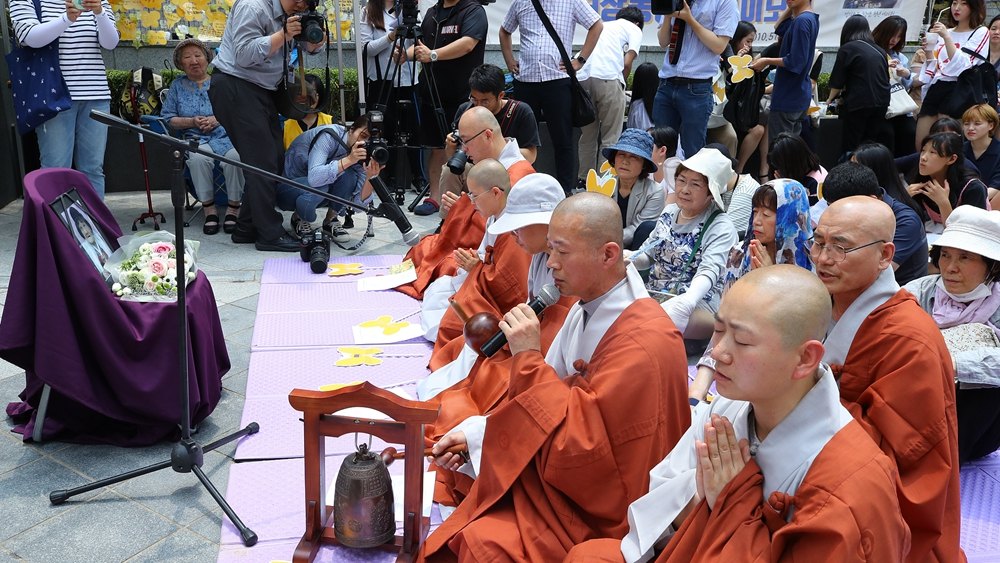
World
08:50, 05-Jul-2018
Asian values: Does Buddhism still have a place in modern life?
Updated
08:06, 08-Jul-2018
Asia Today

As one of the world's four major religions, Buddhism, with a history of more than 2,000 years, is still influential in Asia. The influence is extremely strong in Thailand, which is often referred to as "The Land of Buddhism."
According to Swaran Singh at Jawaharlal Nehru University, although Buddhism is an ancient religion, it is still relevant to modern life in Thailand. Singh said Thai society is connected by Buddhism. He added the religion has state protection in the nation's constitution and it also helps people fight against poverty as Buddhism teaches them to live a frugal life.
For China, although Buddhism is a foreign religion, it managed to co-exist with China's Confucianism. Song Qingrun from the China Institutes of Contemporary International Relations said these two have a lot in common. Song said the two kinds of philosophy are modest and respect each other, and both of them uphold collectivism.
Why does Asia still welcome Buddhism in the information age? Singh said Buddhism is still popular because it advocates a simple life and finding inner peace. Song said these perspectives are pacifying people with so much pressure from modern life.
Apart from surviving the times, Buddhism also lives in peace with other religious beliefs in Asia such as Hinduism, Islam and Christianity. According to Singh, Buddhism is agreeable to adopting from other beliefs and it also allows believers to blend their values.
Now Buddhism goes beyond religion and is more of a way of life. Some young people in China even claim that they are "Buddhist Youths" who keep a casual and calm mindset toward career and life. Song believed Buddhism would be part of life for younger generations but he also warned that young people should not depend on Buddhism to solve their problems.

SITEMAP
Copyright © 2018 CGTN. Beijing ICP prepared NO.16065310-3
Copyright © 2018 CGTN. Beijing ICP prepared NO.16065310-3